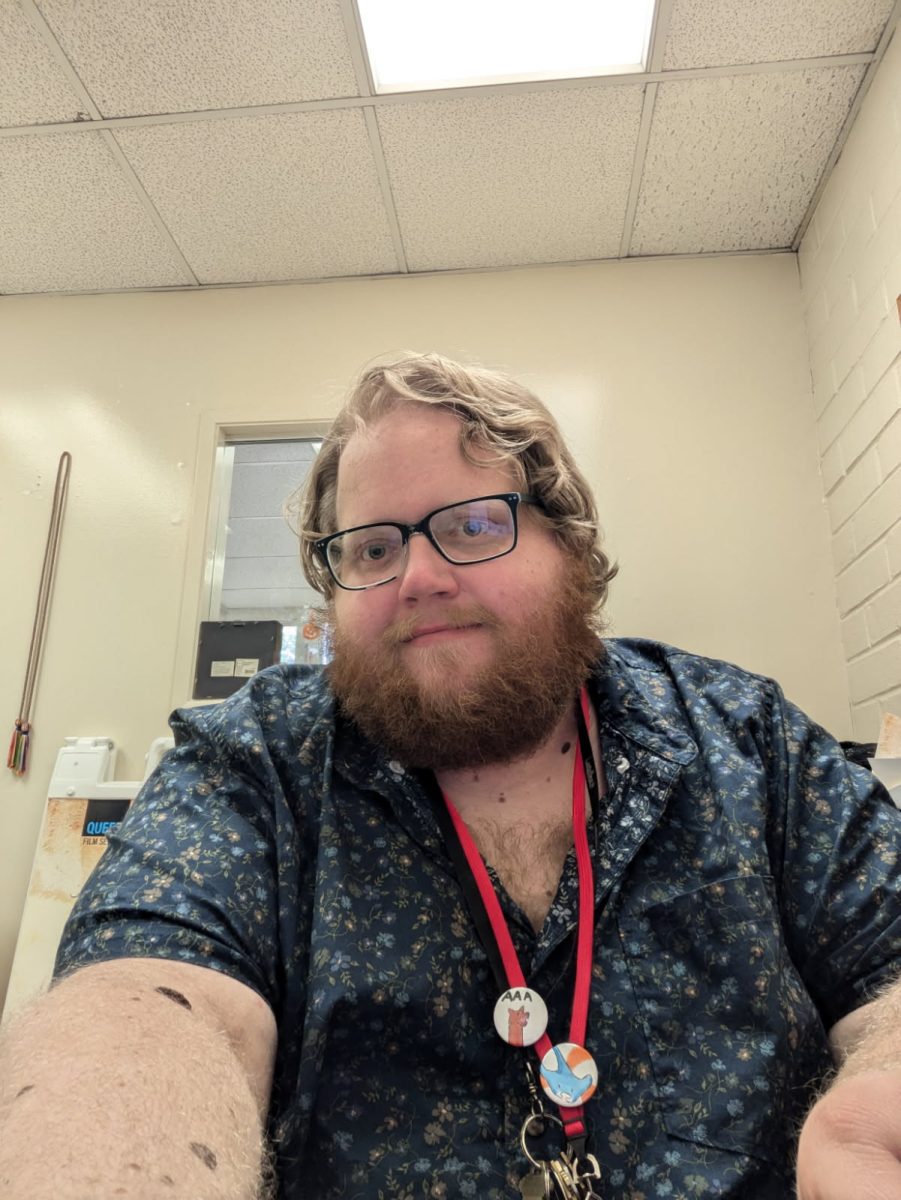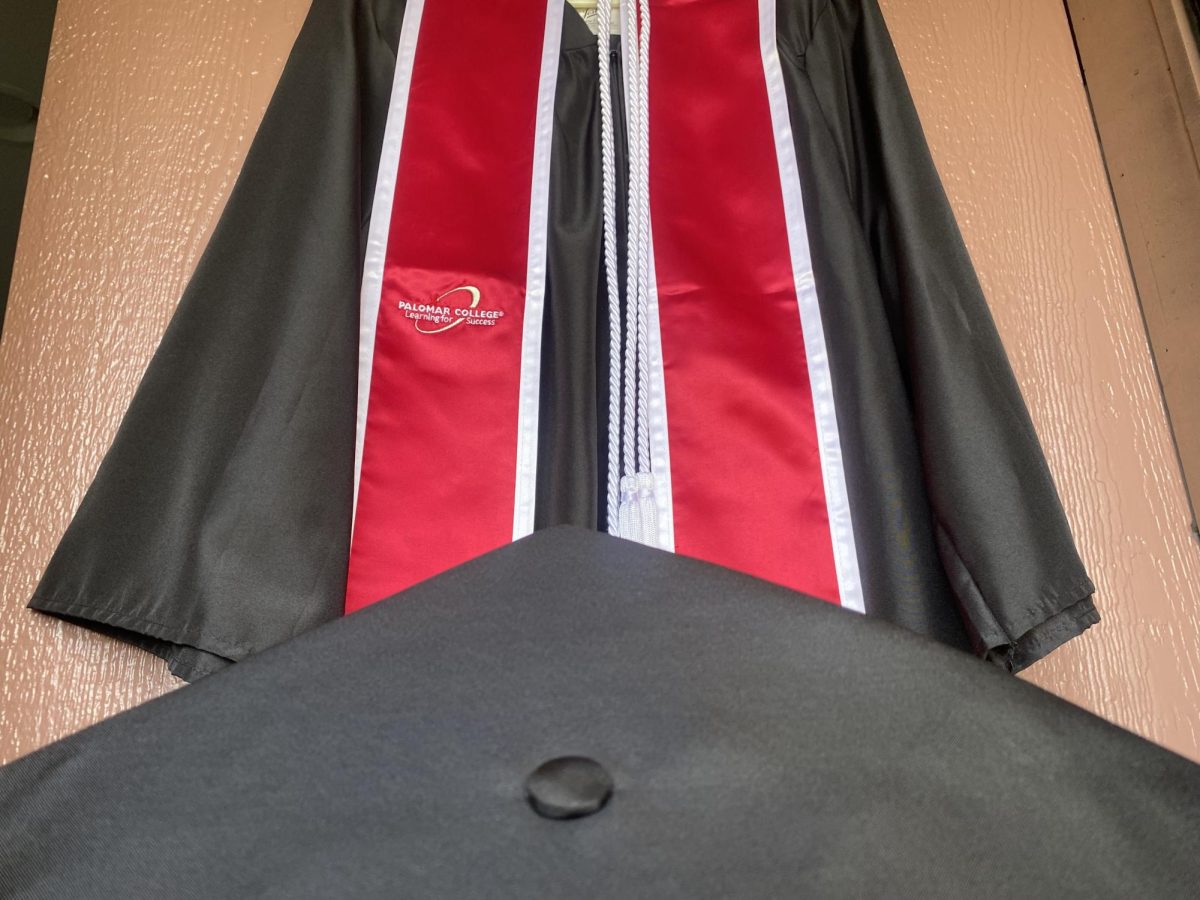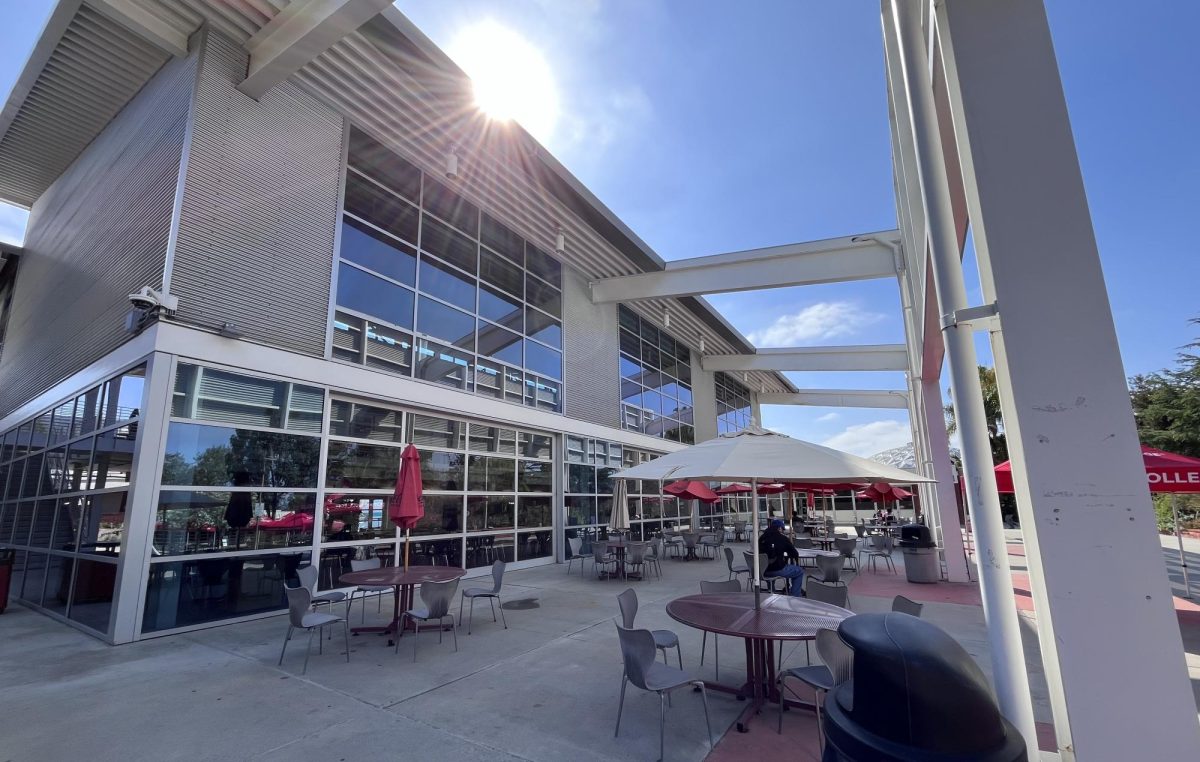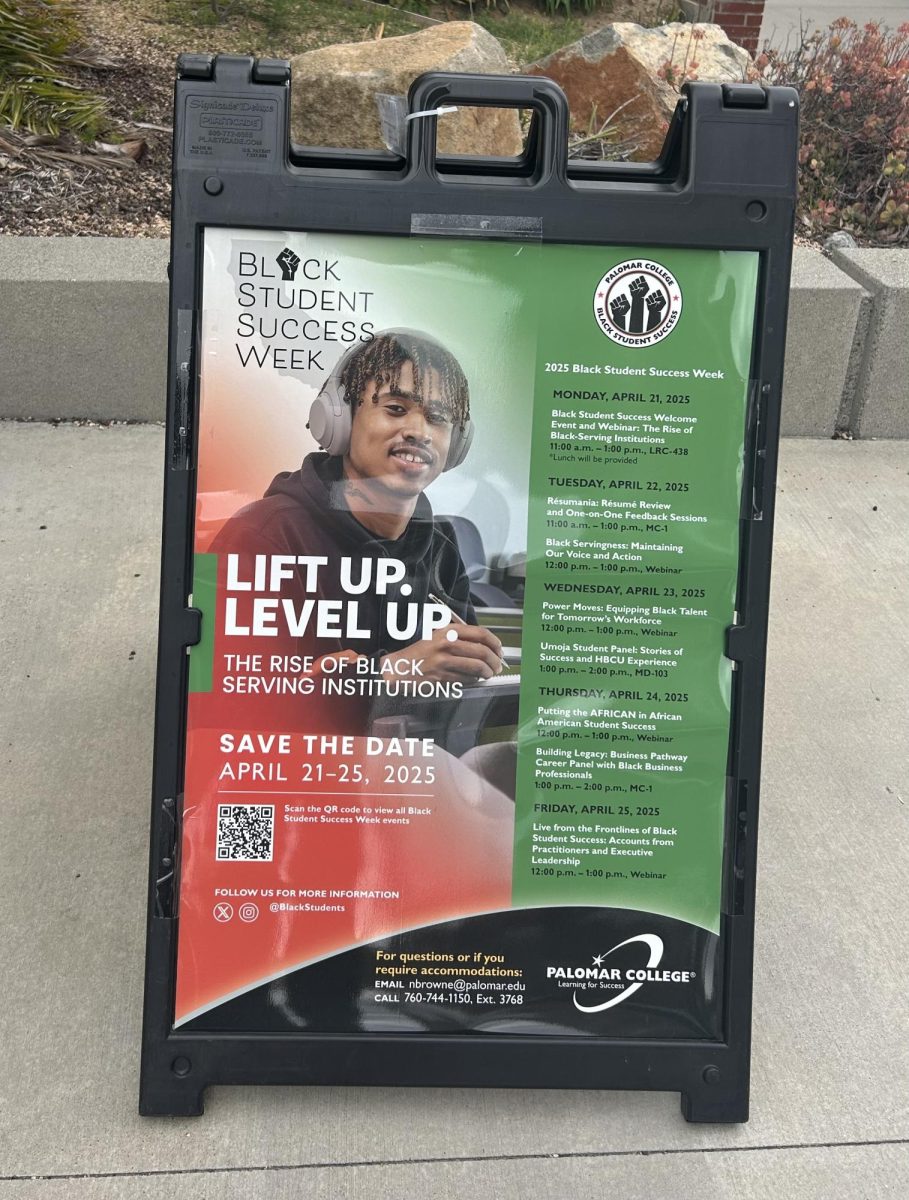Some faculty are concerned about the way Palomar officials are handling temporary employees until they find permanent replacements for those who took an early retirement last summer.
Interims hold temporary positions until full-time positions are made available. Currently, the college currently has 16 interim faculty members. Adherence to the policies and procedures of hiring these interims has been called into question by campus constituency groups.
Teresa Laughlin, faculty senate member and economics professor, explained the complication with taking on many of these interims was due to the early retirement program leaving many dean and administrative seats empty. For some of those seats, the administration had to usurp some of their hiring process to fill them.
“They’re plugging holes and bypassing our process. Our process does take time, but it’s deliberative because administrators are very important in terms of how the college is ran,” Laughlin said.
Mike Popielski, interim vice president of Human Resources, attributed the loss of some of these processes to “the urgency” of filling positions after early retirement. This entailed in one case going with an outside firm to take on an interim dean and in a few others bring back recent retirees on contract once they were eligible to return.
“True, the exact process weren’t applied in getting those positions filled,” Popielski said.
Delving deeper into the issue, Laughlin explained the issue as the Board taking interim administrators on as consultants but interims in practice. This raises the question of rather or not these consultants can be hired into permanent positions, since, as Laughlin explains it, “we almost always hire the interim for the full-time job” and bypassing the proper processes for filling interim roles will only serve to create bad blood.
“There is no one (interim) on campus that I can point to and say, ‘that’s a bad guy,’ everyone is doing everything they can,” Laughlin said. “ If they’re doing a great job and we want to keep them, there is that taint.”
Popielski disagreed with the assuredness of interims getting permanent position. He explained that already being here and making an impression early is a double-edged sword, since “their experience might not have bode so well. It could also hurt them.”
Laughlin proposed that administration should have stuck with the proper process to stay on good terms with faculty and staff on campus.
“Even if takes a little longer they should do it. If they feel that they need to fill this hole right away, convene the committee right away. If they have to meet on Saturdays, have them meet on Saturdays. Pay them an hourly wage and get it done,” Laughlin said.
In response to the backlash from faculty and staff, Popielski is pursuing a forum with Faculty Senate and other constituent groups to assist in establishing a more consistent process for filling interim positions, since they don’t have a policy on interims.
Laughlin tied the interim issues to the Board failing the previous presidential search and denying what she saw as two “very talented people” for presidential consideration. Initially, the interims were only supposed to serve for the duration of the initial search. Once completed, the acting president would be able to take on a team of people to fill these positions using the usual hiring policies and processes.
“We’re at least a year out before we get these interim positions filled, so I say we just fill them and every president has had to deal with it,” Laughlin said.







